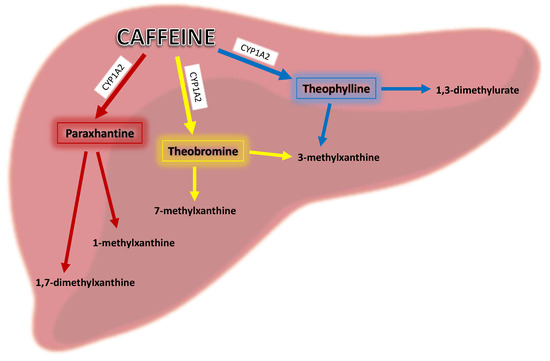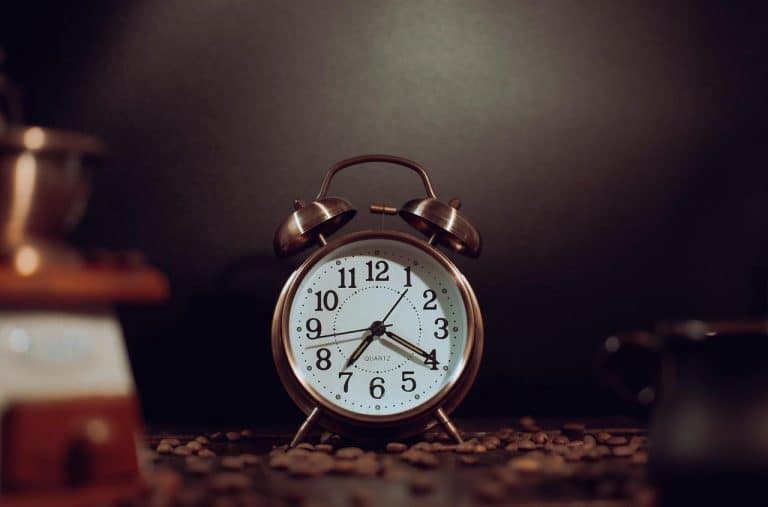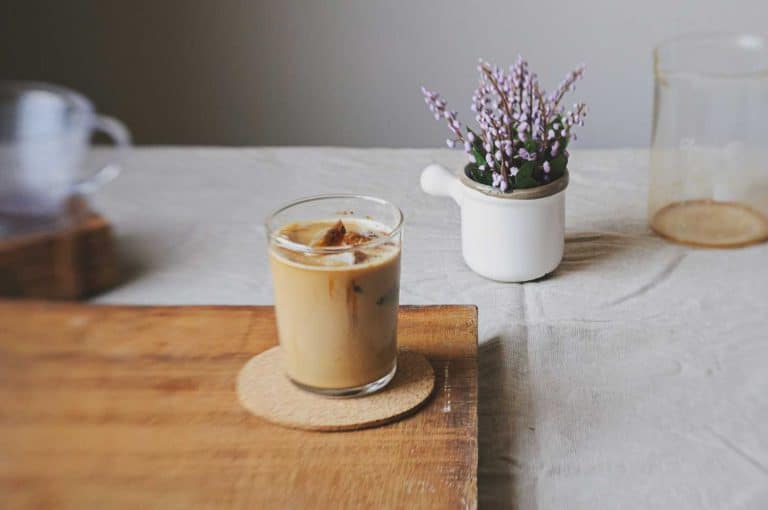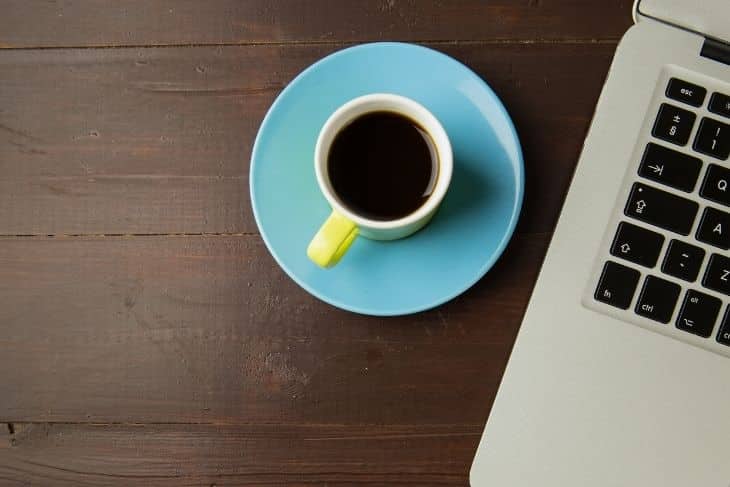How Coffee Affects Sleep: Tips for Nighttime Drinkers
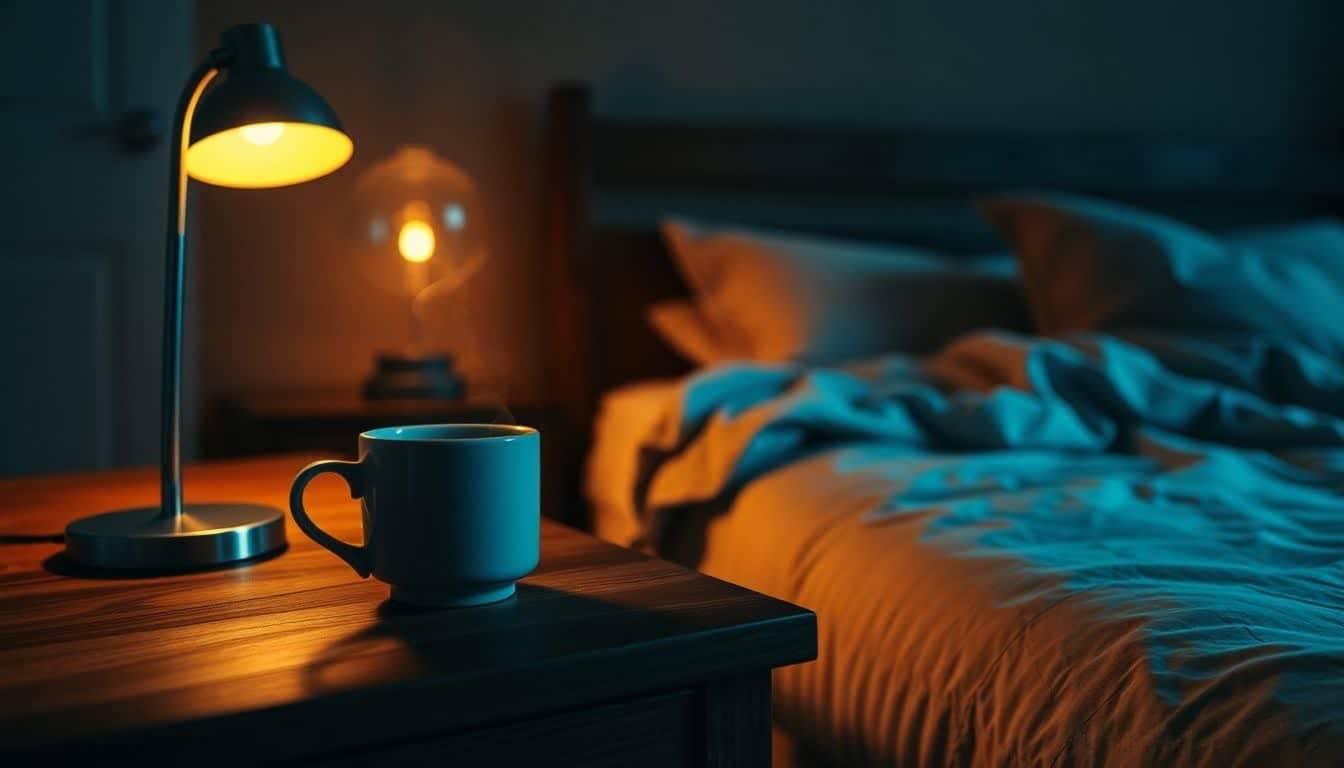
Coffee is a daily ritual for millions, a warm comfort, and a trusted companion, especially during a long evening. But that late-night cappuccino, while delicious, can quietly sabotage your sleep. The good news is, you don’t have to give up your favorite beverage entirely. By understanding how coffee impacts your body at night, you can enjoy it more responsibly and still wake up feeling refreshed.
The Science Behind Your Evening Jolt
To understand coffee’s effect on your sleep, you first need to understand how caffeine works in your brain.
- The Brain’s Sleep Signal: Throughout the day, a chemical called adenosine builds up in your brain, acting like a natural sleepiness meter. The more adenosine you have, the more your brain signals that it’s time to sleep.
- Caffeine’s Deception: Caffeine is a molecular imposter. It’s shaped similarly to adenosine and binds to the same receptors in your brain, effectively blocking adenosine from doing its job. This is why you feel more alert and awake after a cup of coffee.
- The Long Goodbye: Caffeine doesn’t just disappear. The average half-life of caffeine—the time it takes your body to eliminate half of it—is about 5 to 6 hours. This means if you have a latte at 7 p.m., a significant amount of caffeine is still circulating in your system as you try to fall asleep at midnight.
Even if you manage to drift off, the lingering caffeine can disrupt your sleep architecture. Studies show it can reduce the amount of slow-wave sleep (deep sleep), which is critical for physical recovery, and REM sleep, which is essential for memory consolidation. The result? You may wake up feeling groggy and unrestored, even after a full night in bed.
Why Some People Can Drink Coffee and Sleep Soundly
We all know someone who can have an espresso at 10 p.m. and still sleep like a baby. While it may seem like a superpower, it’s often a mix of genetics and learned tolerance.
- Genetic Superpowers: Your body’s ability to metabolize caffeine is largely determined by a gene called CYP1A2. People with a “fast” variant of this gene break down caffeine much more quickly, minimizing its disruptive effects. Those with the “slow” variant feel the effects for much longer.
- The Power of Habit: If you’re a habitual coffee drinker, your body can build up a tolerance to caffeine’s stimulating effects. However, while you might not feel the jolt as strongly, the caffeine may still be subtly reducing the quality of your deep sleep, even if you don’t feel it.
- Sleep Schedules: Natural night owls who go to bed much later might find that the six-hour caffeine half-life doesn’t interfere with their preferred sleep time, as they’re not trying to fall asleep while the caffeine is still at its peak.
How to Balance Coffee and Quality Sleep
If you’re not ready to give up your evening brew, here are actionable strategies to help you get the best of both worlds.
1. Master Your Timing: The 8-Hour Rule
The single most effective strategy is to give your body ample time to clear the caffeine. The general rule of thumb is to stop all caffeine intake at least 8 hours before your planned bedtime. If you go to bed at 11 p.m., make your last coffee of the day around 3 p.m. This provides a generous window for your body to metabolize the caffeine, allowing your brain to produce the adenosine it needs to make you feel sleepy.
2. Explore Lower-Caffeine Options
Instead of going cold turkey, consider a gradual switch.
- Try Half-Caff: Many coffee shops and roasters offer “half-caff” blends, which are a mix of 50% regular and 50% decaf beans. This gives you a taste of caffeine without the full-strength dose.
- Brewing Methods: Different brewing methods extract varying amounts of caffeine. For example, a concentrated espresso shot (typically 60–80 mg) can contain less caffeine than a large 16-ounce mug of drip coffee (120–200 mg). If you must have coffee in the evening, a small, single-shot espresso might be a better choice.
- Arabica vs. Robusta: Most specialty coffee beans are from the Arabica species, which naturally contains less caffeine. If you’re buying pre-ground coffee, avoid blends that feature Robusta beans, as they have nearly double the caffeine content of Arabica.
3. Embrace Decaf, The Ritual Without the Risk
Don’t dismiss decaf coffee. Modern processing methods have made high-quality decaf beans delicious, retaining most of the flavor and aroma of their caffeinated counterparts. A warm, delicious decaf pour-over or cappuccino can satisfy your craving for the ritual and comfort of coffee without the stimulating effects.
It’s a common misconception that decaf is 100% caffeine-free. It’s not. Decaf coffee usually contains a minimal amount of caffeine—around 2–5 mg per cup—which is unlikely to affect most people, but something to be aware of if you are highly sensitive.
4. Build a Caffeine-Free Wind-Down Routine
Your evening ritual is a powerful tool to signal to your body that it’s time to sleep. Swap your post-dinner coffee for a soothing, caffeine-free alternative.
- Herbal Teas: Chamomile, peppermint, and rooibos teas offer a warm, comforting beverage that can help you relax.
- Warm Milk or Golden Milk: The amino acid tryptophan in milk can promote relaxation, while a turmeric latte (golden milk) provides warmth and anti-inflammatory benefits.
- Other Activities: Pair your drink with a relaxing activity like light stretching, reading a book, or listening to calming music.
Can You Ever Use Coffee Strategically at Night?
In a few specific situations, the trade-off of using coffee at night can be intentional. For example:
- Night Shift Workers: People who work overnight shifts rely on caffeine to stay alert and productive during their working hours.
- Athletes: Some athletes use caffeine before late-night competitions to enhance performance.
For the average person, however, the benefits of quality sleep far outweigh the fleeting pleasure of a late-night coffee.
FAQs About Coffee and Sleep
A Conscious Choice
The relationship between coffee and sleep is complex and personal. While caffeine is a powerful tool to energize your mornings, it can become a sleep thief at night. By being mindful of your body’s response, adjusting your timing, and embracing delicious alternatives, you can continue to enjoy your favorite beverage without sacrificing the deep, restorative sleep you need to be at your best.

